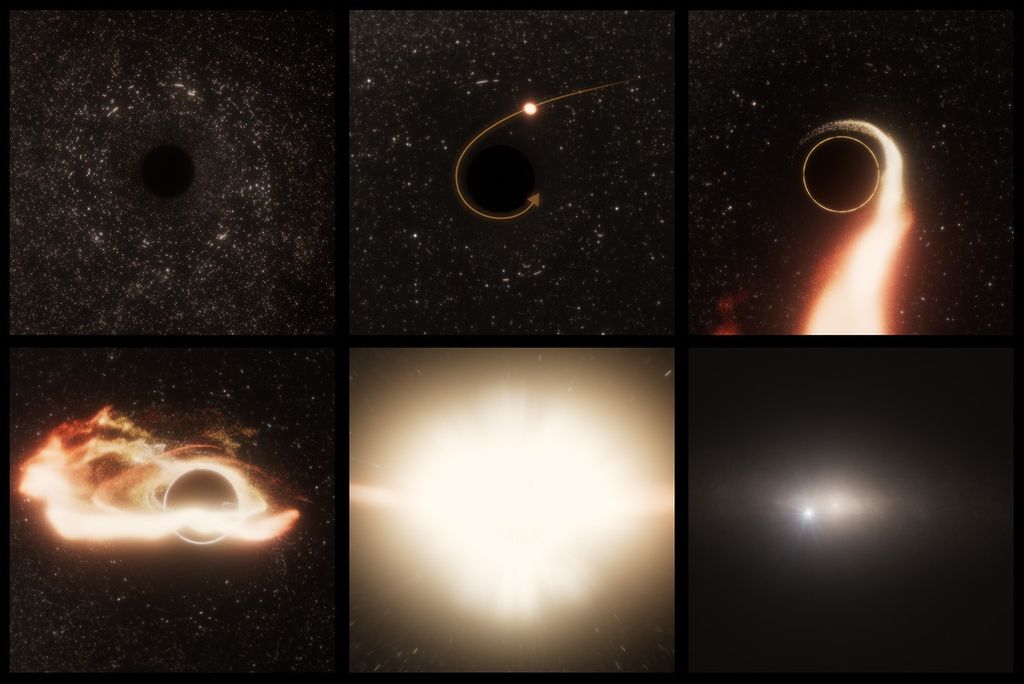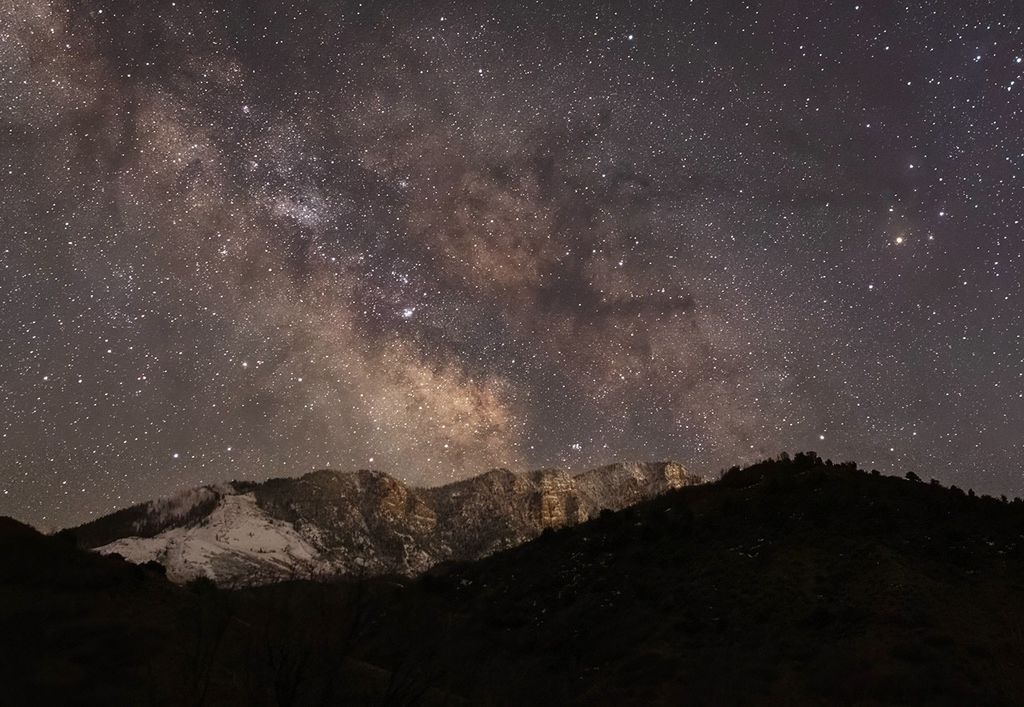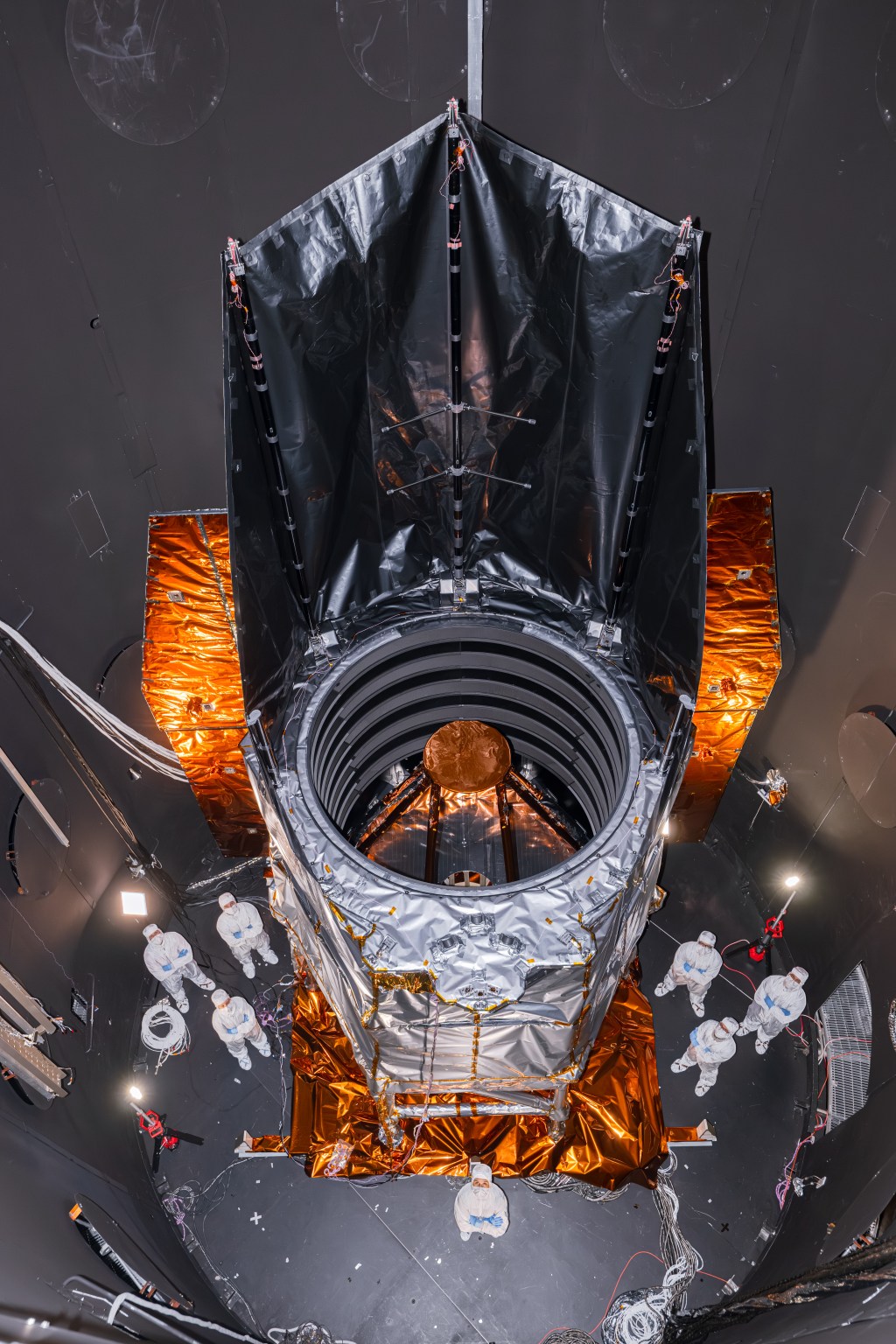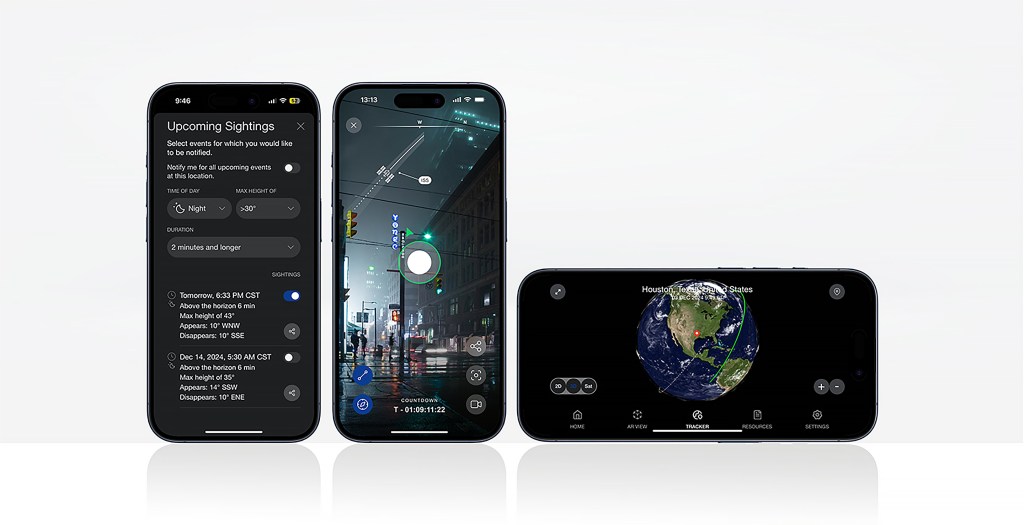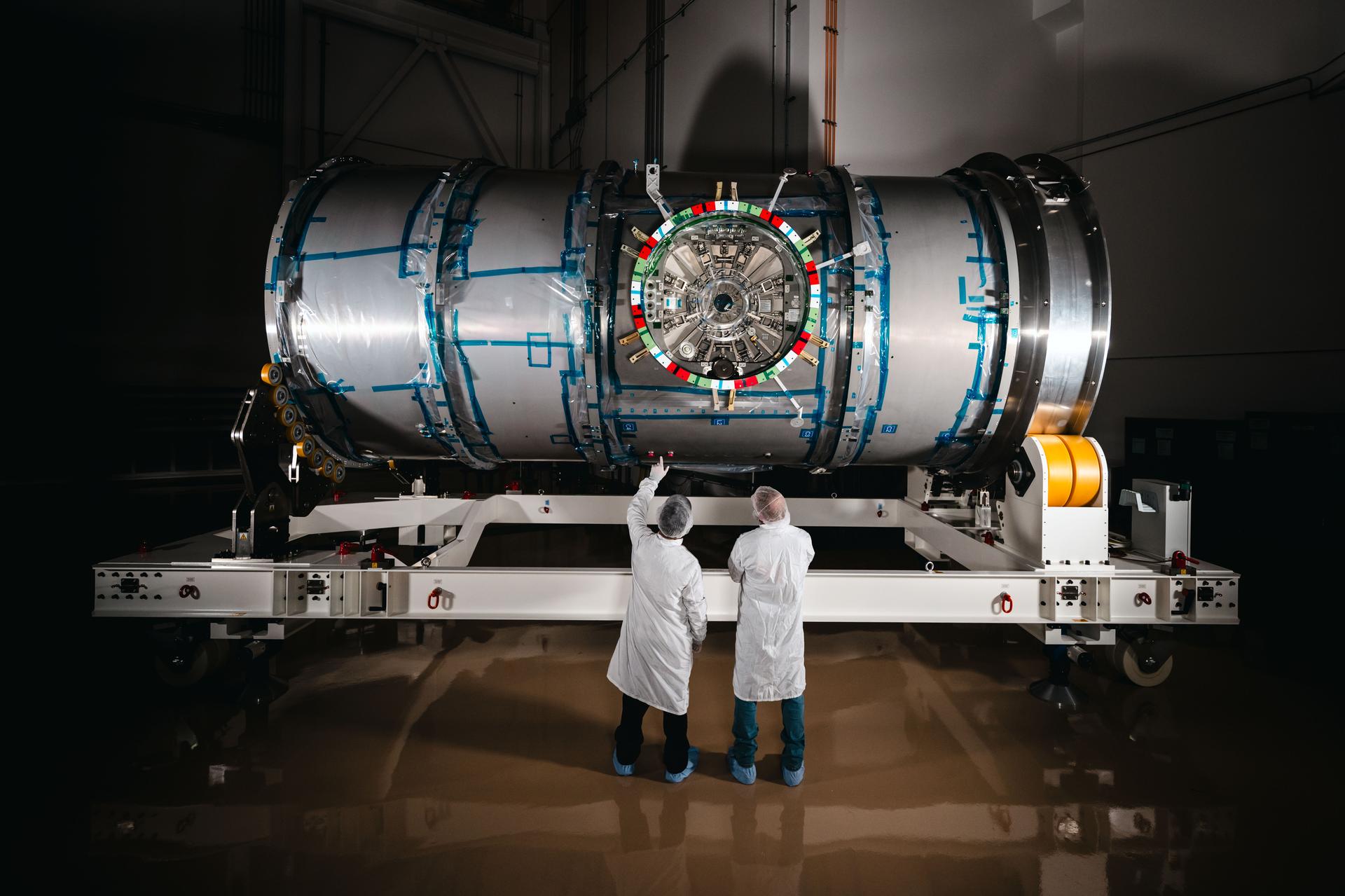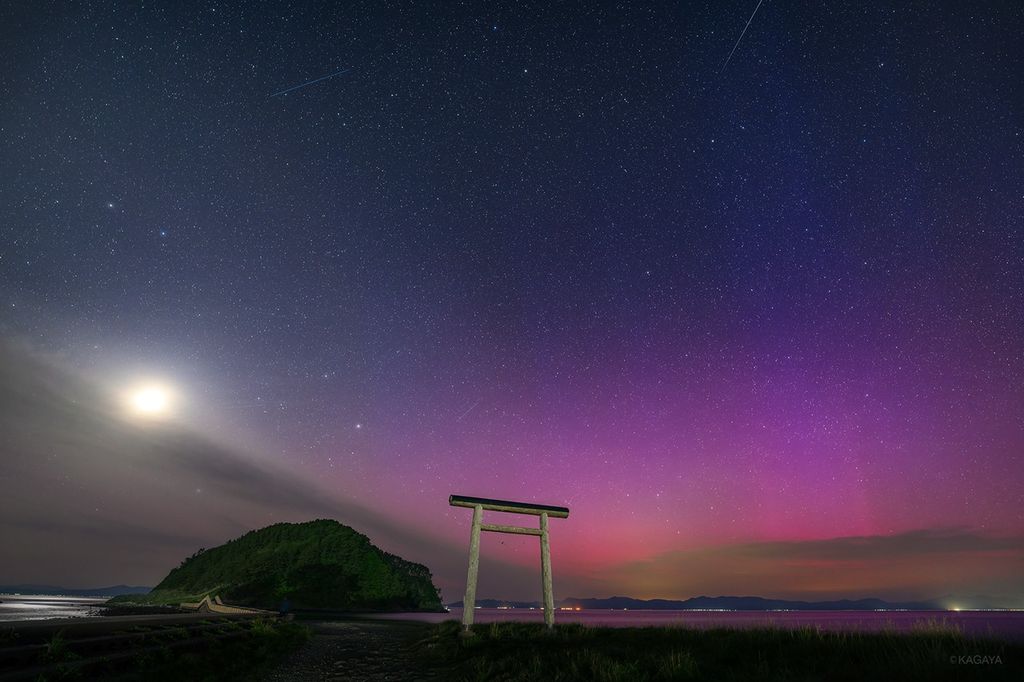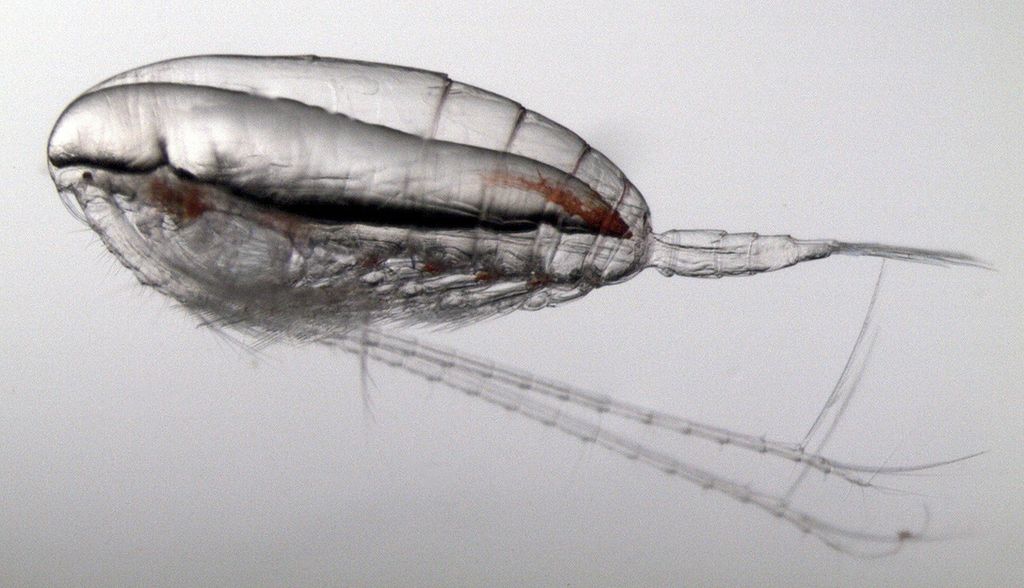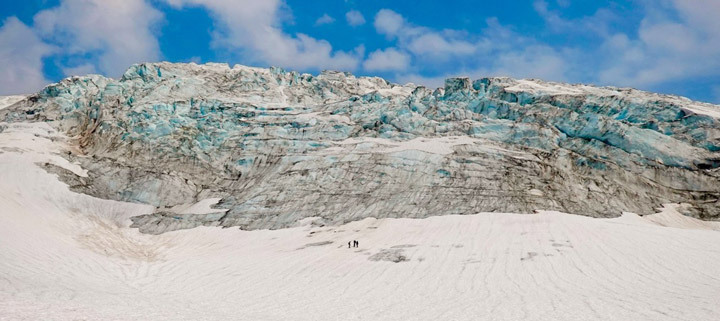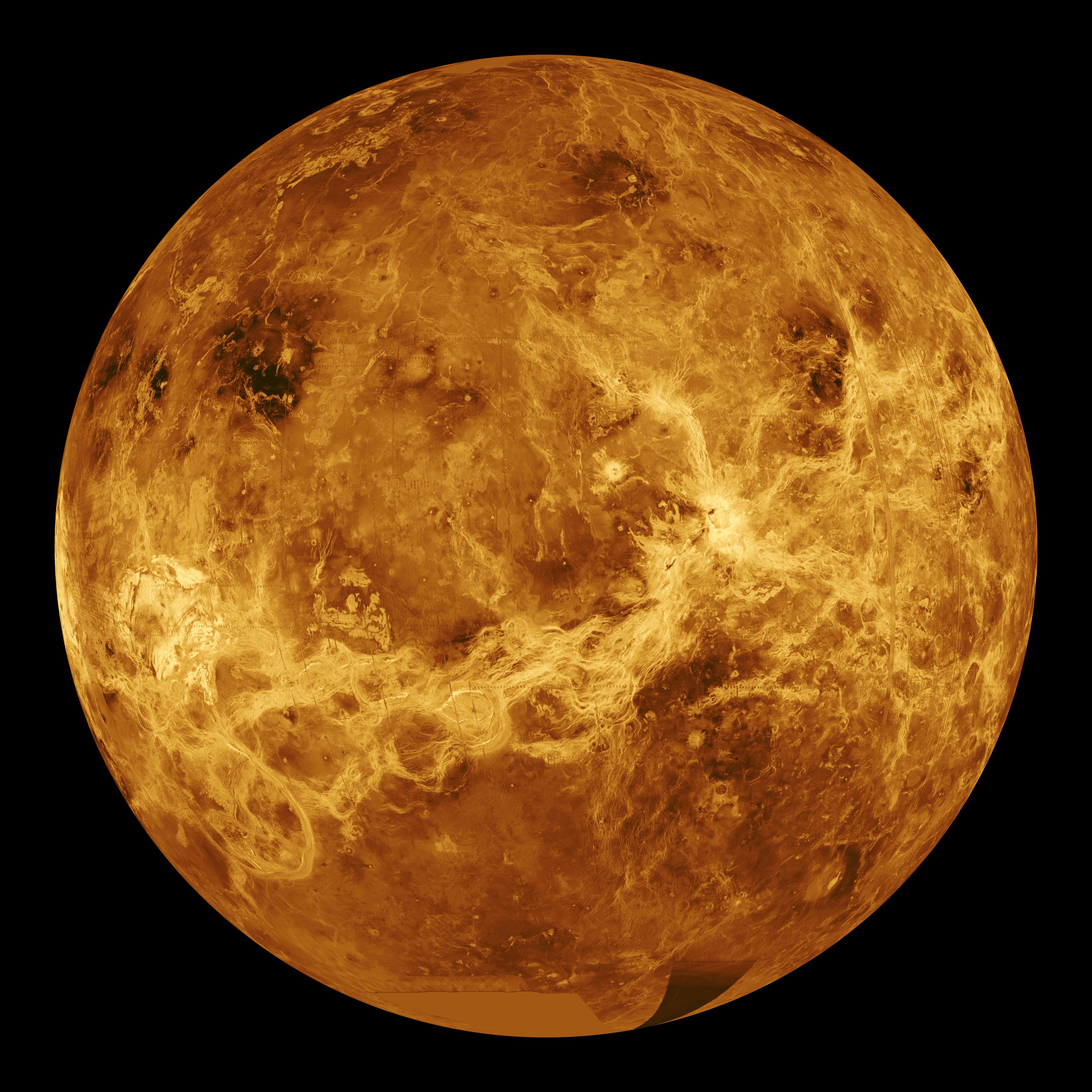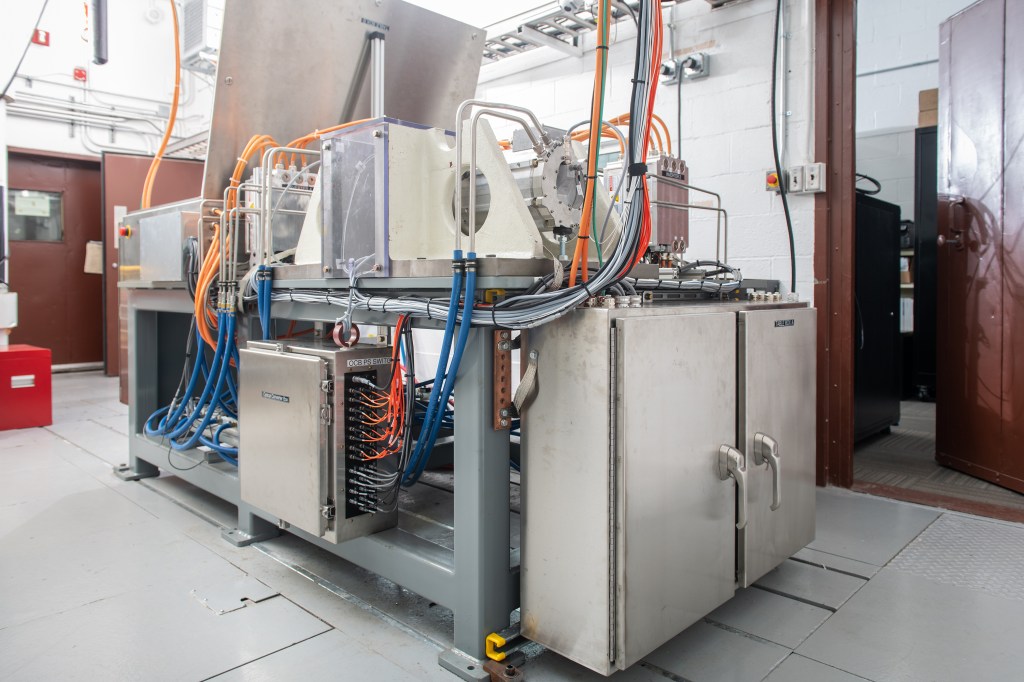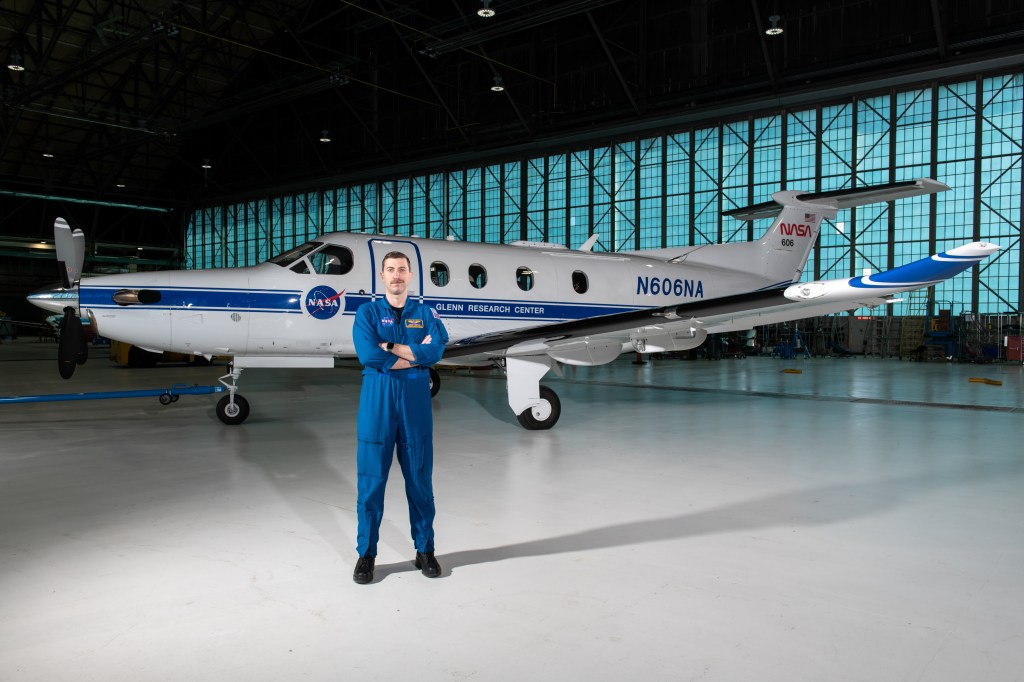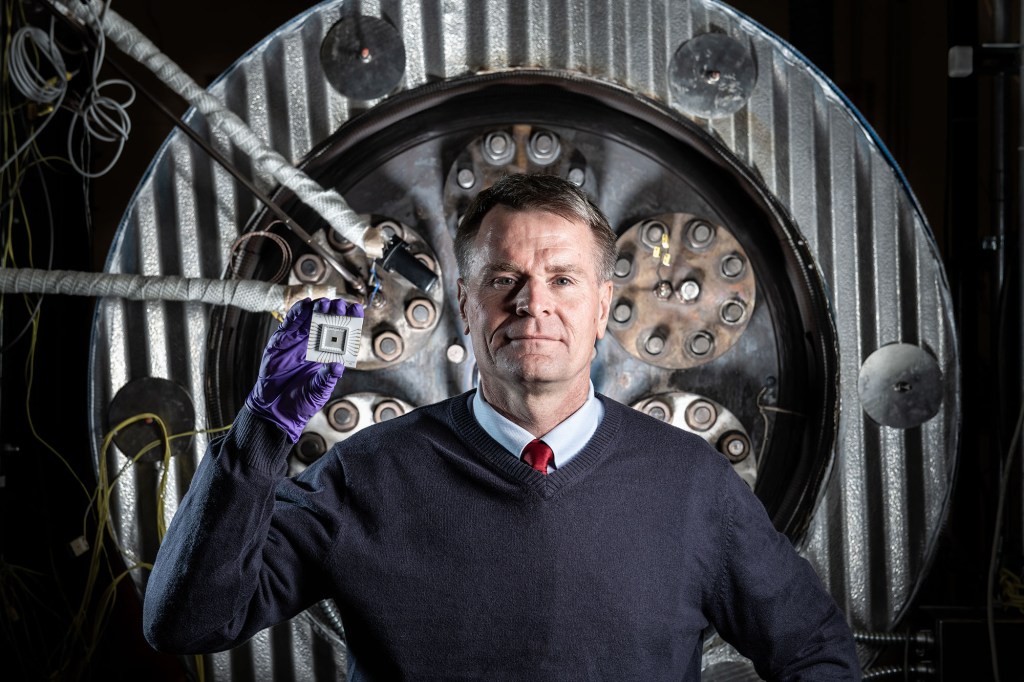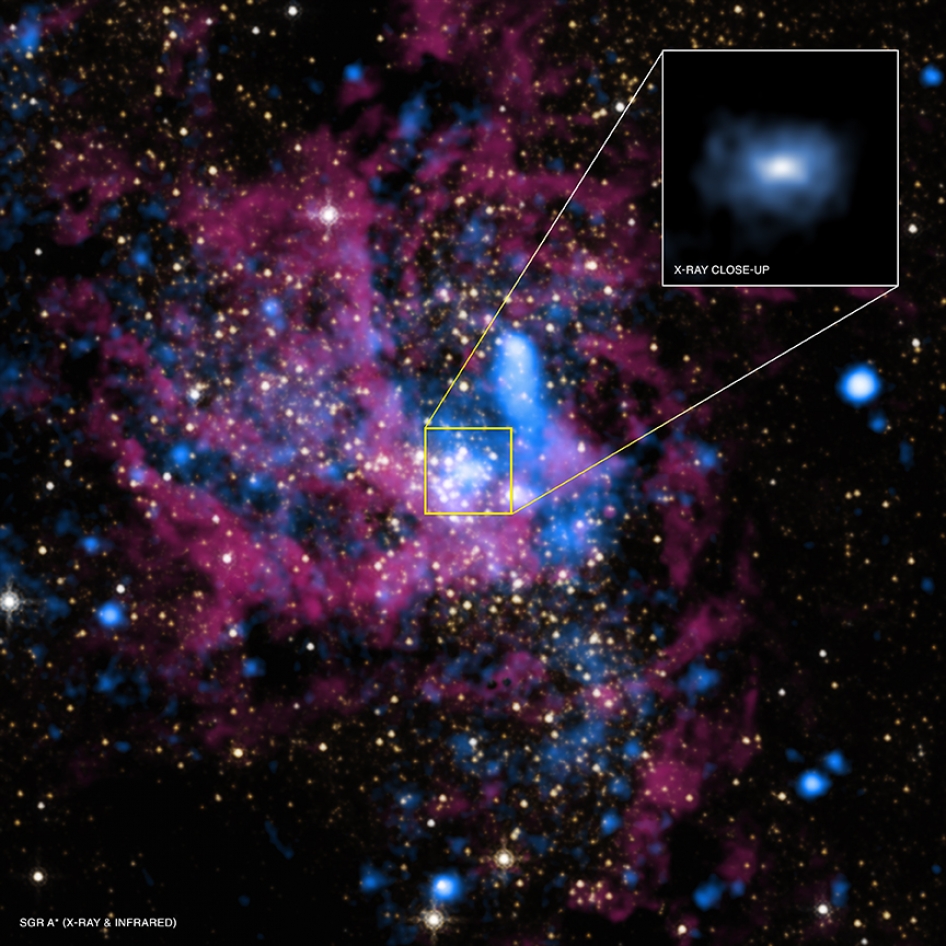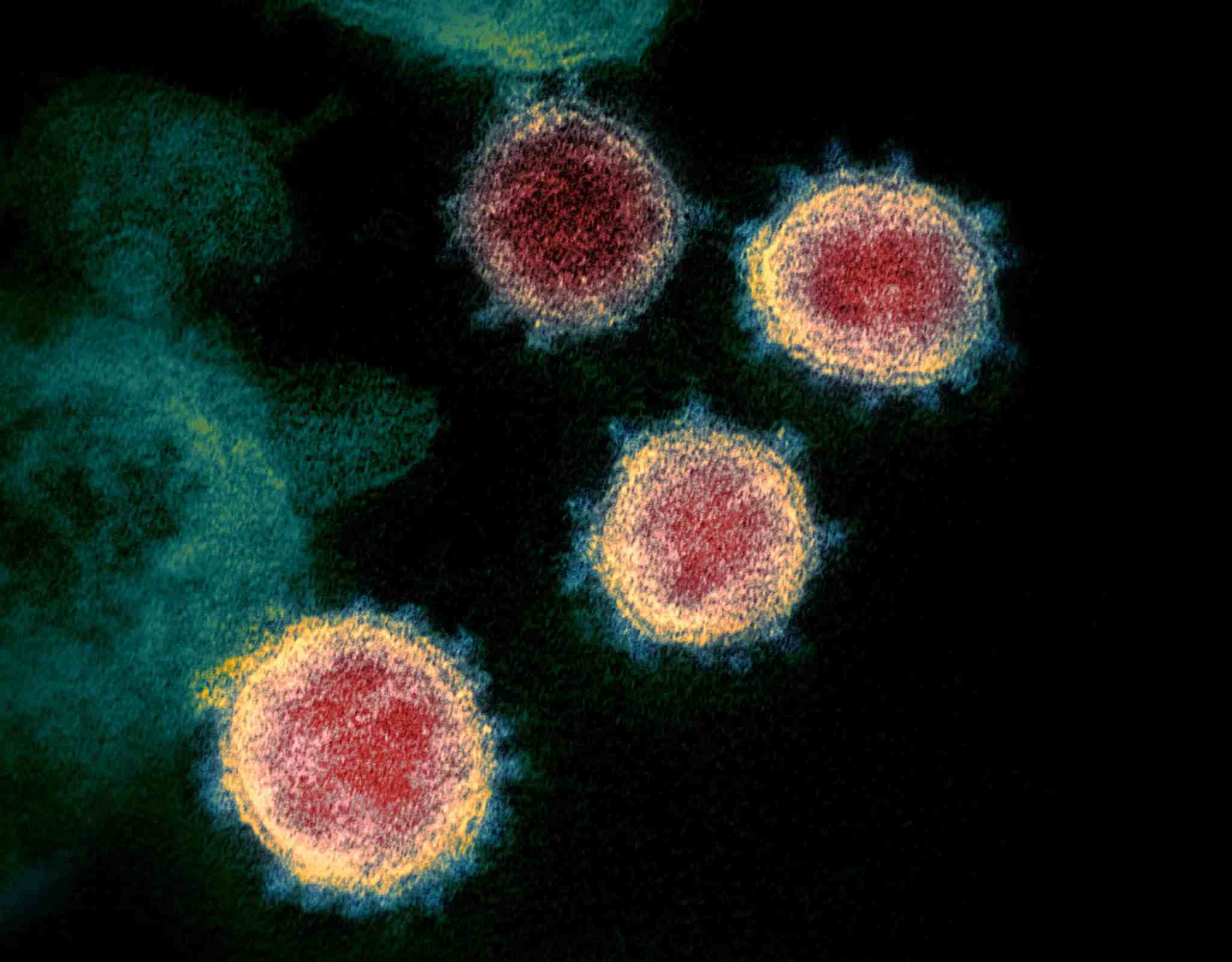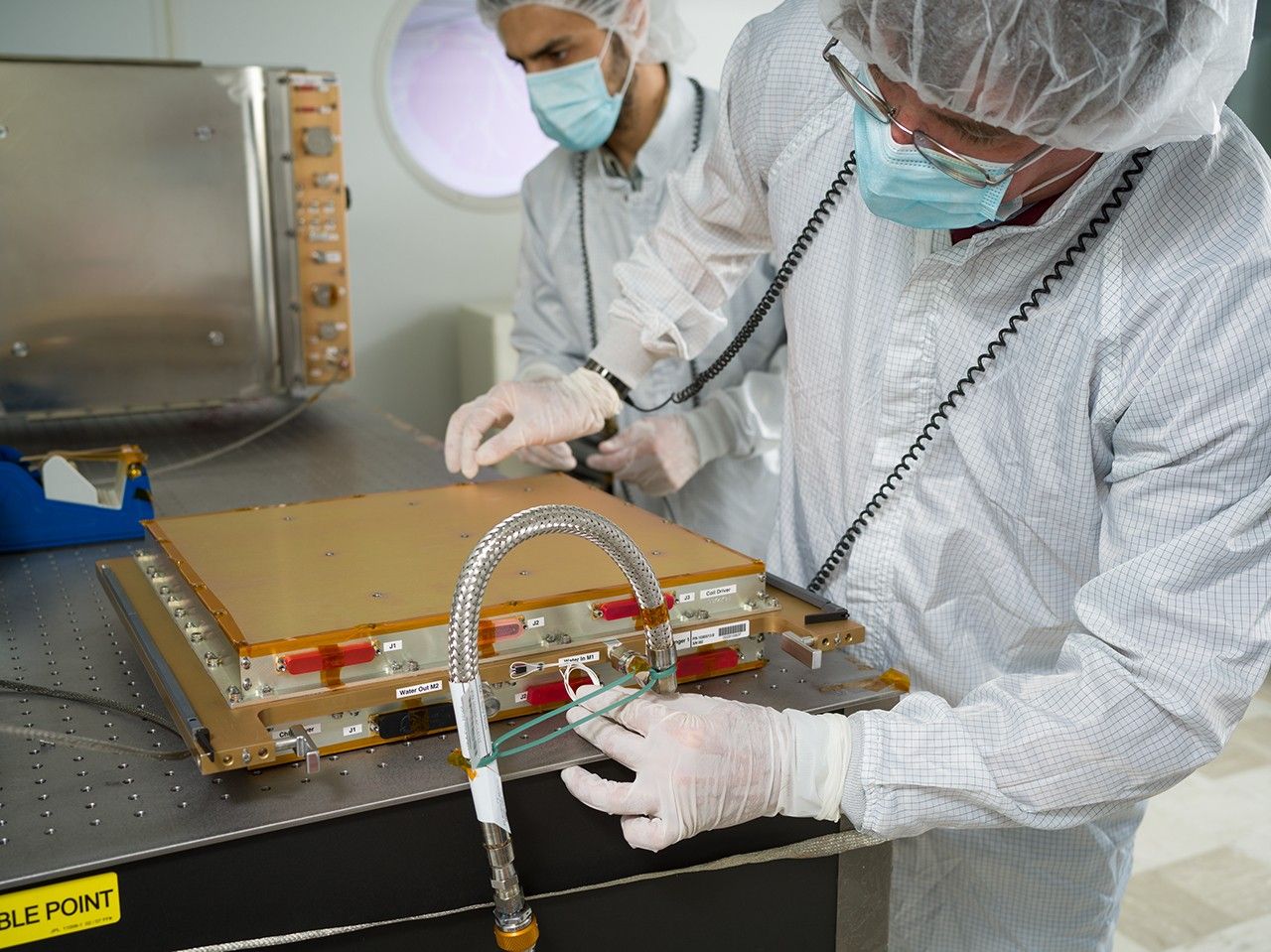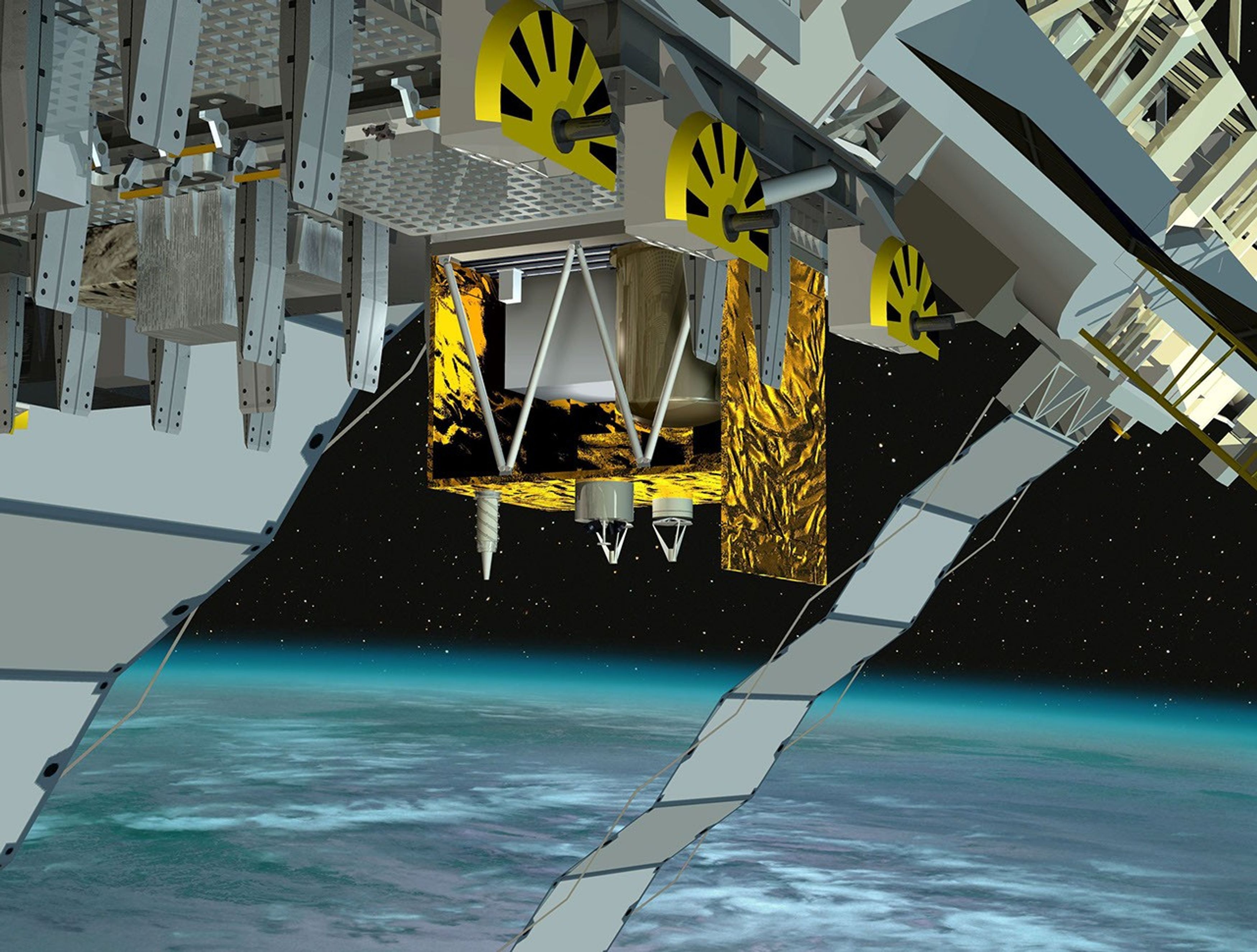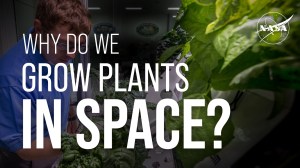A Facebook live event brought together nearly 1,450 researchers from 18 countries, representing 100 institutions—to present recent findings about COVID-19 coronavirus transmission, host interactions, screening diagnosis and treatment therapies. The event, held on April 17, 2020, was co-led by Dr. Afshin Beheshti, with KBRwyle (NASA’s Ames Research Center), and Dr. Todd Treangen of Rice University in Houston, Texas. This virtual symposium enabled scientists from around to the world to discuss the data and work on how the findings may be used to effectively combat the viral disease and protect people from infection.
The Facebook live event was the culmination of work by the COVID-19 International Research Team (COV-IRT), which was formed on March 25, 2020. The formation of COV-IRT was a grassroots effort initiated by a multidisciplinary group of scientists from around the world who are members of the NASA GeneLab Multi-Omics Analysis Working Group (AWG).
COV-IRT’s purpose is to use cutting- edge systems biology analyses coupled to virological and physiological methods to understand the disease process of the COVID-19 coronavirus. To date, the team’s findings are leading to defining underlying mechanisms for viral infection, especially for high-risk groups, viral transmission, countermeasures for infection, and vaccine targets. A non-profit organization has been set up by COV-IRT to encourage and enable open science efforts through sample and data sharing and dissemination of information.
For more on COV-IRT’s coronavirus response efforts:
www.COV-IRT.org
NASA GeneLab Multi-Omics Analysis Working Group
Watch the Facebook Live event
Follow COV-IRT on Twitter
Follow COV-IRT on Facebook
NASA GeneLab
Stay informed on space biology & physical sciences research: https://science.nasa.gov/biological-physical
For daily updates, follow @ISS_Research, Space Station Research and Technology News or our Facebook.
Follow the ISS National Lab for information on its sponsored investigations.
For opportunities to see the space station pass over your town, check out Spot the station.


